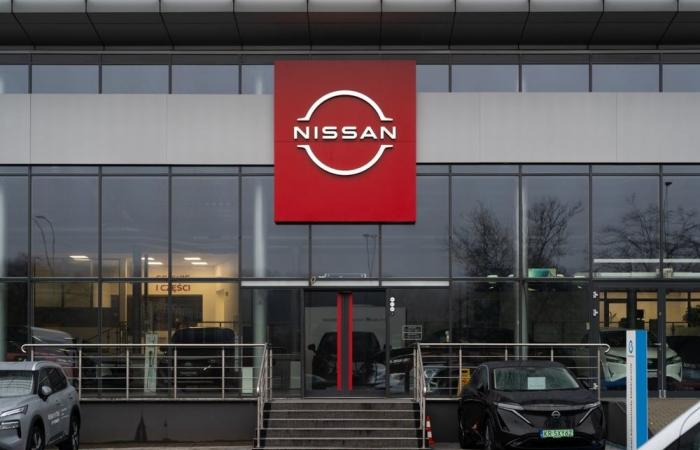The automotive world is definitely going badly at the end of 2024. After the German giant Volkswagen, its Japanese counterpart Nissan will make cuts in its workforce. In total, the firm intends to cut 9,000 positions.
Nissan will cut its workforce
Nissan, a world-renowned automobile manufacturer, is facing major economic challenges. Faced with a significant drop in sales, the company made the decision to cut 9,000 jobs around the world. Thus, this represents almost 7% of its 130,000 employees. This measure is part of a broader strategy aimed at reducing its global production capacities by 20%.
For several years, the automotive sector has been experiencing disruption, between the rise of electric technologies, environmental pressure and market fluctuations. Nissan is no exception to these realities. The manufacturer recorded a marked drop in sales, particularly in its key markets. This situation forces the company to review its financial objectives, significantly reducing its turnover and operating profit forecasts for the 2024 financial year.
In response to this difficult situation, the Japanese group has taken urgent measures. Nissan is not the only manufacturer affected by this wave of workforce rationalization. For example, Volkswagen, another major player in the sector, has just announced a massive plan to cut jobs and the closure of three factories in Germanyas part of its own cost reduction strategy. These moves are part of a general trend of restructuring in the automobile industry, which seeks to adapt to a rapidly changing market.
Impact on employees and production
The elimination of 9,000 jobs at Nissan represents a significant step in its recovery strategy. The plan aims to make the company more agile by reducing its operational costs. However, the 20% reduction in production capacity suggests collateral effects, particularly on supply chains and local partners in affected countries.
The human impact is considerable, and although Nissan has not yet released precise details about the regions and factories affected, the concern is palpable among employees. This restructuring comes at a critical time, when the manufacturer is also trying to position itself in the transition to electric vehicles and new autonomous driving technologies.






